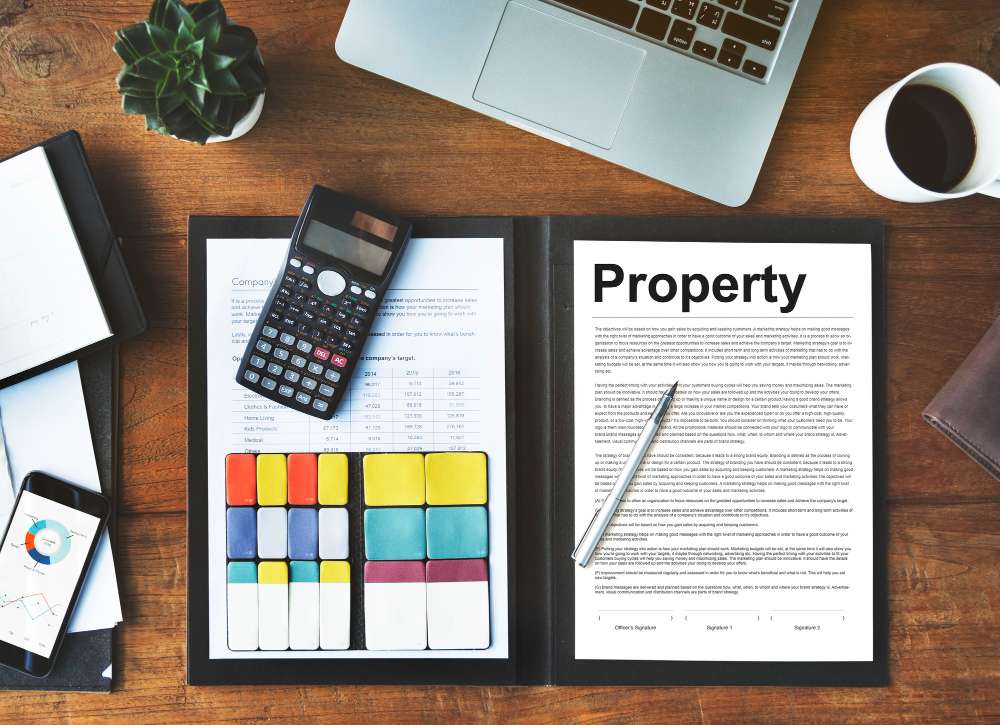
Navigating the real estate world can feel overwhelming, especially if you need to familiarize yourself with the jargon used by agents, lenders, and sellers. However, understanding key real estate terms can make the home-buying process smoother and give you the confidence to make one of your life's most significant financial decisions. Here's a breakdown of essential real estate terms every buyer should know before purchasing a home. The down payment is the amount of money you pay upfront when buying a home, usually represented as a percentage of the total home price. While many lenders require a down payment of 3-20%, this can vary based on the type of loan. A larger down payment often leads to lower monthly mortgage payments and may give you access to more favorable loan terms. Escrow refers to a third-party account holding funds or documents during home-buying. It ensures that both the buyer and seller fulfill their obligations before the sale is finalized. For instance, buyers usually deposit earnest money into an escrow account to show their commitment to buying the property. Moreover, escrow accounts can be utilized to handle property taxes as well as homeowners insurance as part of your monthly mortgage payment. Closing costs means fees involved in finalizing a real estate deal. These may cover expenses such as loan origination, appraisals, title insurance, inspections, and other related costs. Generally, closing costs amount to around 2% to 5% of the home's purchase price. It's important to plan for these costs alongside your down payment to prevent unexpected financial burdens. Title insurance safeguards you and the lender if there are legal disputes over property ownership. If issues arise, like unpaid taxes or conflicting ownership claims, the policy covers the legal fees and costs to resolve the matter, giving you peace of mind as a homeowner. Amortization involves gradually repaying a loan through regular installments over time. Each monthly mortgage payment reduces the loan balance (principal) while also covering the interest. In the loan's early years, most of your payment goes toward interest, but as time passes, more of your payment reduces the principal. If the down payment is less than 20% of the home's value, lenders will require you to get Private Mortgage Insurance (PMI). This protects the lender if you can't pay your mortgage. However, once you have at least 20% equity in your home, you can ask to stop paying for PMI, which will lower your monthly payment. Understanding these key real estate terms will equip you to navigate the home-buying process confidently. Whether you're buying your first home or your third, knowing these terms ensures you're prepared to make informed decisions at every step. The more you know, the better your chances of securing the best deal for your new home. Happy house hunting!1. Down Payment
2. Escrow
3. Closing Costs
4. Title Insurance
5. Amortization
6. Private Mortgage Insurance (PMI)
Enter your email address and we will send you a link to change your password.